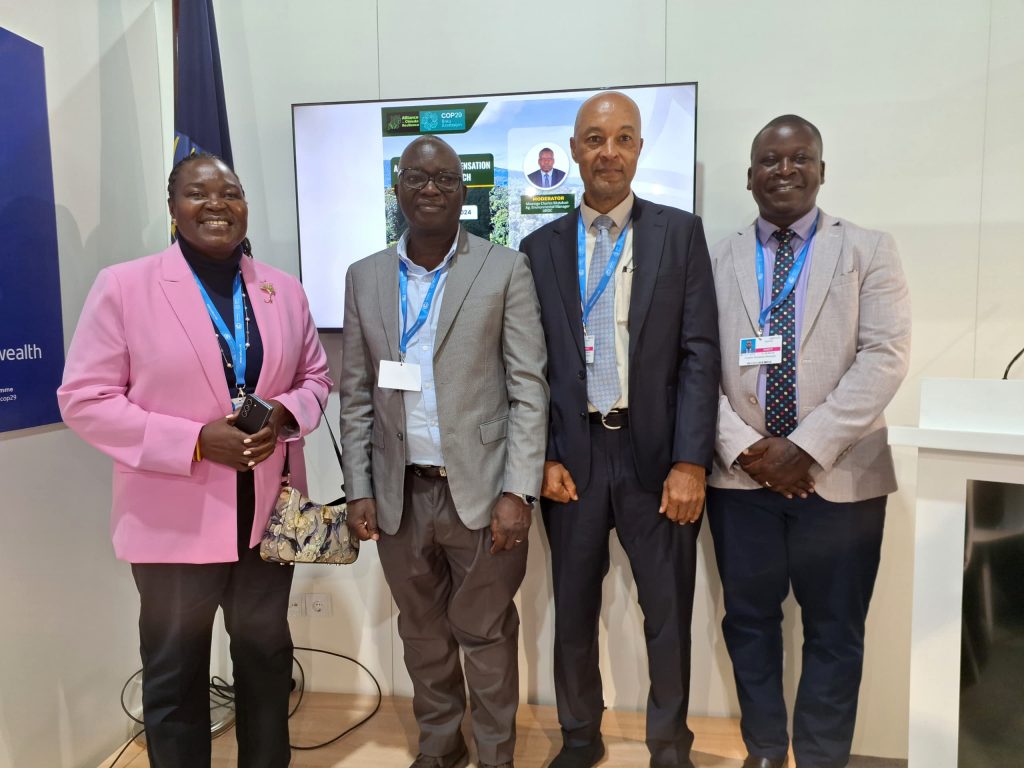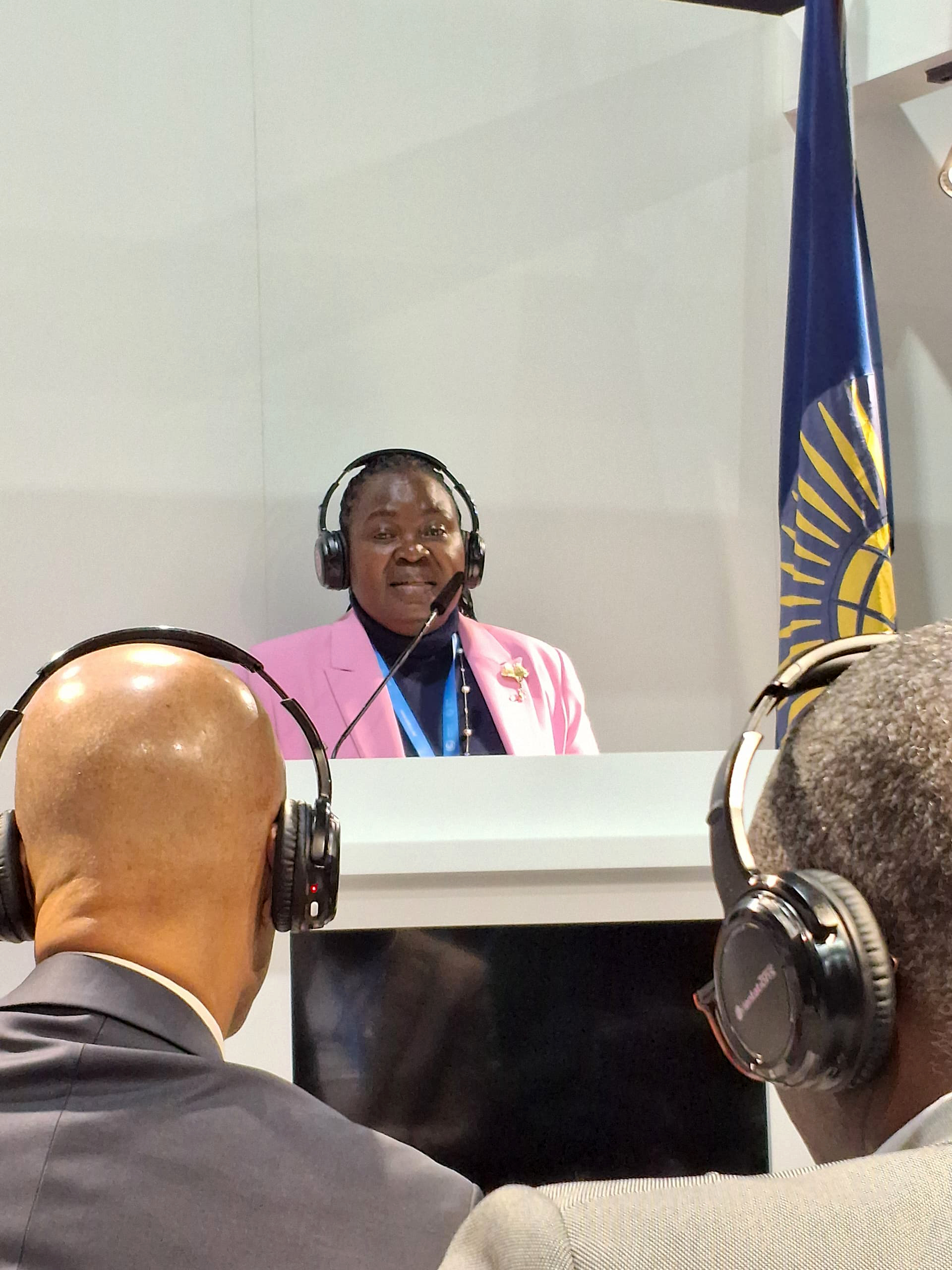Baku, Azerbaijan – On Friday, November 15, 2024, Uganda took a significant step toward addressing climate change by launching its Alliance for Climate Forestry Compensation Strategy during the ongoing UN Climate Summit (COP29) in Baku. The initiative is part of the Alliance for Climate Resilience (ACR), which aims to unite stakeholders in promoting sustainable energy generation and utilization while addressing the country’s unique challenges in energy access, affordability, and security.

The Forestry Compensation Strategy is designed to guide Uganda in developing projects that generate carbon credits to offset greenhouse gas emissions from the energy sector, especially emissions related to the country’s oil and gas projects currently under development.




